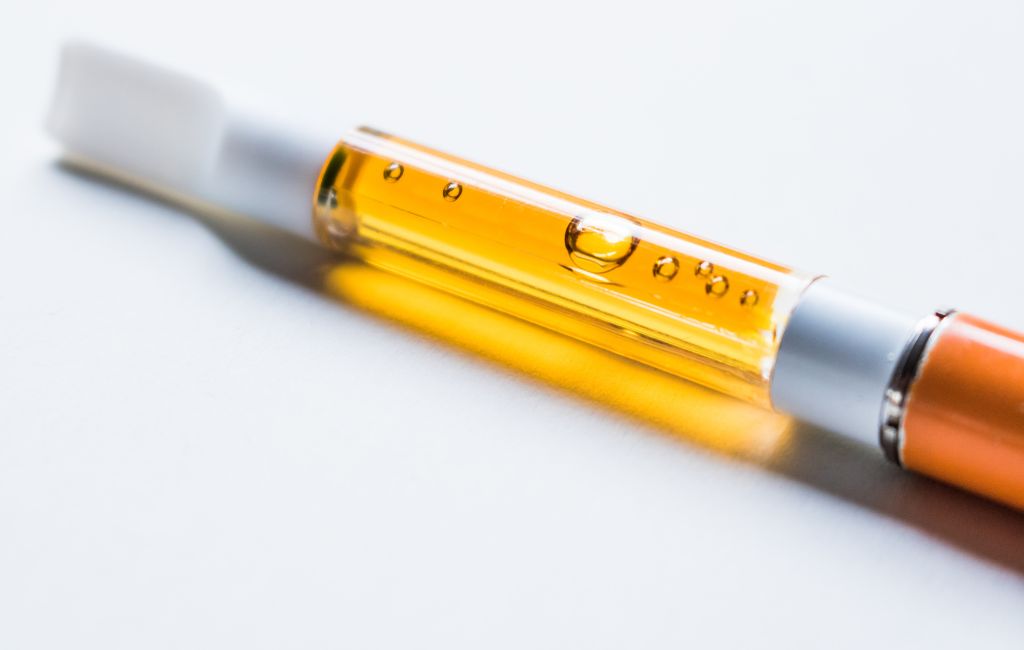Mimosa Strain THCa Benefits
The cannabis industry has seen a surge in interest around specific strains and their unique properties. One such strain that has garnered attention is the Mimosa strain, particularly for its THCa content. THCa, or tetrahydrocannabinolic acid, is a non-psychoactive cannabinoid found in raw cannabis. This article explores the benefits of the Mimosa strain THCa, supported by research and case studies.
Understanding THCa
THCa is the acidic precursor to THC, the compound responsible for the psychoactive effects of cannabis. Unlike THC, THCa does not produce a high. It is found in raw and live cannabis plants and converts to THC when exposed to heat through a process called decarboxylation. This transformation is why consuming raw cannabis does not result in psychoactive effects.
Health Benefits of THCa
Research into THCa is still in its early stages, but preliminary findings suggest several potential health benefits:
- Anti-inflammatory Properties: THCa has shown promise in reducing inflammation, which can be beneficial for conditions like arthritis and lupus.
- Neuroprotective Effects: Studies indicate that THCa may help protect brain cells, potentially offering benefits for neurodegenerative diseases such as Alzheimer’s and Parkinson’s.
- Anti-emetic Effects: THCa may help reduce nausea and vomiting, making it a potential option for patients undergoing chemotherapy.
- Appetite Stimulation: Similar to THC, THCa may help stimulate appetite, which can be beneficial for individuals with eating disorders or those undergoing treatments that suppress appetite.
The Mimosa Strain
The Mimosa strain is a hybrid cannabis strain that combines the genetics of Clementine and Purple Punch. Known for its citrusy aroma and uplifting effects, Mimosa has become popular among cannabis enthusiasts. Its THCa content is one of the factors contributing to its appeal.
Characteristics of Mimosa
Mimosa is recognized for its vibrant orange hairs and dense buds. The strain typically contains a high percentage of THCa, which contributes to its therapeutic potential. Users often report feeling energized and focused, making it a popular choice for daytime use.
Case Studies and Research
Several case studies and research efforts have highlighted the potential benefits of THCa, particularly in strains like Mimosa:
- Case Study on Inflammation: A study conducted in 2020 examined the effects of THCa on patients with arthritis. Participants reported a significant reduction in joint pain and swelling after incorporating THCa-rich cannabis into their regimen.
- Research on Neuroprotection: A 2019 study published in the Journal of Neurochemistry explored THCa’s neuroprotective properties. The findings suggested that THCa could help reduce neuroinflammation and oxidative stress, which are common in neurodegenerative diseases.
- Clinical Trials on Nausea: Clinical trials have investigated THCa’s potential to alleviate nausea in chemotherapy patients. Results indicated that THCa could be an effective alternative to traditional anti-nausea medications.
Consumption Methods
To experience the benefits of THCa, consumers can explore various consumption methods:
- Raw Consumption: Consuming raw cannabis leaves or flowers in smoothies or salads preserves THCa content.
- Tinctures and Oils: THCa tinctures and oils offer a convenient way to incorporate THCa into daily routines without the psychoactive effects of THC.
- Topicals: THCa-infused creams and balms can be applied directly to the skin for localized relief from inflammation and pain.
Potential Side Effects
While THCa is generally considered safe, some individuals may experience mild side effects:
- Dry Mouth: Similar to other cannabinoids, THCa may cause dry mouth in some users.
- Digestive Issues: Consuming large amounts of raw cannabis may lead to digestive discomfort.
Conclusion
The Mimosa strain, with its high THCa content, offers a range of potential health benefits. From anti-inflammatory and neuroprotective effects to appetite stimulation and anti-emetic properties, THCa presents a promising avenue for therapeutic use. As research continues to evolve, the understanding of THCa’s full potential will likely expand, offering new insights into its role in health and wellness.





